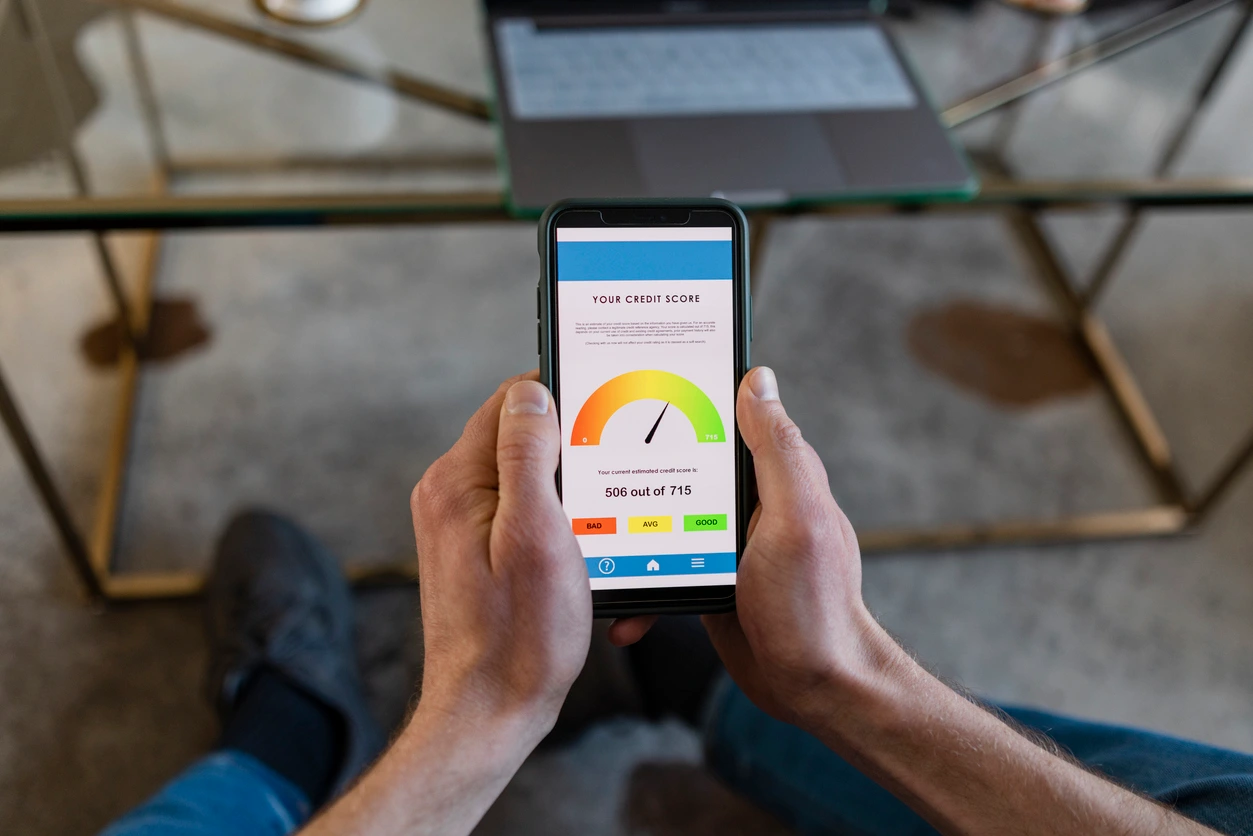Improving credit for a mortgage is a critical financial event that requires careful planning. Understanding one’s current credit score is the first step. Timely bill payments and managing credit card balances are key strategies to enhance creditworthiness. However, certain common mistakes can undermine these efforts. A strategic approach is essential for success. What specific steps should individuals take to effectively prepare for mortgage approval?
Key Takeaways
- Obtain free credit reports to assess your current score and identify any discrepancies that need addressing.
- Make timely bill payments to demonstrate financial reliability and positively influence your credit score.
- Reduce credit card balances to improve your credit utilization ratio, enhancing your score in the process.
- Avoid applying for multiple credit accounts at once to prevent hard inquiries that can lower your score.
- Regularly monitor your credit progress and set specific goals to stay accountable in your credit improvement journey.
Understanding the Importance of Credit in the Mortgage Process
Understanding the importance of credit in the mortgage process is crucial for prospective homebuyers, as it greatly influences the terms and approval of their loan applications. A strong credit score signifies financial responsibility, allowing borrowers to secure lower interest rates and more favorable loan conditions. Conversely, a poor credit history can lead to higher rates or outright denial. As a result, learning how to improve your credit for a mortgage becomes essential. Strategies include paying bills on time, reducing debt-to-income ratios, and correcting inaccuracies in credit reports. By prioritizing these actions, individuals can enhance their creditworthiness, ultimately facilitating a smoother mortgage process. This awareness fosters a sense of belonging within the community of responsible homeowners, as they navigate the path to securing their dream property.
Assessing Your Current Credit Score
Before starting the journey to secure a mortgage, individuals should take the time to evaluate their current credit score, as it serves as a critical indicator of their financial health. A credit score typically ranges from 300 to 850, with higher scores reflecting better creditworthiness. Obtaining a free credit report from major credit bureaus allows individuals to identify their score and review any discrepancies. Understanding the components that comprise the score—such as payment history, credit utilization, length of credit history, and new credit inquiries—is essential. By accurately evaluating their current credit score, individuals can gain insights into their financial standing and prepare effectively for the next steps in improving their credit for a mortgage.

Effective Strategies on How to Improve Your Credit for a Mortgage
To enhance creditworthiness for a mortgage, individuals should implement a series of effective strategies tailored to improve their credit scores. First, timely bill payments are essential; consistently meeting deadlines demonstrates reliability. Second, reducing credit card balances can positively impact credit utilization ratios, ideally keeping them below 30%. Third, avoiding new credit inquiries during this process helps maintain a stable score. Additionally, individuals should regularly review their credit reports for inaccuracies and dispute any errors promptly. Establishing a mix of credit types, such as installment and revolving accounts, can further bolster scores. Finally, maintaining older accounts in good standing enhances credit history length, which is beneficial in the eyes of lenders. By adopting these strategies, individuals can markedly improve their credit for a mortgage.
Common Credit Mistakes to Avoid
What common pitfalls hinder individuals from successfully improving their credit for a mortgage? One significant mistake is neglecting to check credit reports for inaccuracies, which can lead to unwarranted negative impacts on scores. Additionally, many individuals fail to maintain low credit utilization ratios; maxing out credit cards can signal financial instability. Another common error is applying for multiple credit accounts simultaneously, which can trigger hard inquiries, further reducing scores. Moreover, some overlook the importance of timely payments, as even a single late payment can drastically affect creditworthiness. Finally, ignoring the necessity to build a diverse credit portfolio could limit future borrowing capabilities. Recognizing these pitfalls is essential for anyone looking to improve their credit for a mortgage effectively.
Monitoring Your Progress and Preparing for Mortgage Approval
After recognizing common credit mistakes to avoid, individuals must focus on monitoring their progress to guarantee they are on the right path toward mortgage approval. This involves regularly reviewing credit reports to identify any discrepancies and understanding how various actions, such as timely bill payments and reducing credit utilization, impact credit scores. Utilizing credit monitoring tools can provide real-time updates on score changes and alert individuals to potential issues. Setting specific, achievable goals related to credit improvement fosters a sense of accountability. Additionally, consulting with financial professionals can offer tailored advice and strategies. By actively engaging in this monitoring process, individuals enhance their readiness for mortgage approval, ensuring they take informed steps in how to improve their credit for a mortgage.
Frequently Asked Questions
How Long Does It Take to Improve My Credit Score?
Improving a credit score typically takes three to six months, depending on individual circumstances. Consistent payment history, reducing debt, and correcting errors can accelerate this process, ultimately enhancing one’s financial standing and opportunities.
Can I Get a Mortgage With Bad Credit?
Yes, obtaining a mortgage with bad credit is possible, though it may involve higher interest rates or more stringent terms. Exploring options with different lenders can help individuals find suitable solutions for their financial situation.
Does Paying off Debt Improve My Credit Score Immediately?
Paying off debt can improve a credit score, but the impact may not be immediate. Changes typically reflect within one to three months, depending on the credit reporting cycle and the overall credit profile.
How Often Should I Check My Credit Report?
Individuals should check their credit report at least once a year to monitor accuracy and identify potential issues. Increased frequency, such as quarterly checks, can enhance awareness and encourage proactive credit management for future financial goals.
Will Closing Old Accounts Hurt My Credit Score?
Closing old accounts can potentially hurt a credit score, as it may reduce the overall credit history length and available credit. Maintaining older accounts, even if unused, often benefits creditworthiness. Consider this before making decisions.
Conclusion
To summarize, improving credit for a mortgage is a strategic process that requires careful assessment and proactive management. By understanding one’s credit score, implementing effective strategies, and avoiding common pitfalls, individuals can enhance their creditworthiness. Regular monitoring and setting achievable goals are essential to staying on track. Ultimately, taking these steps not only prepares individuals for mortgage approval but also fosters long-term financial health and stability. Consulting financial professionals can further refine these efforts for best results.
You May Also Like To Read:

